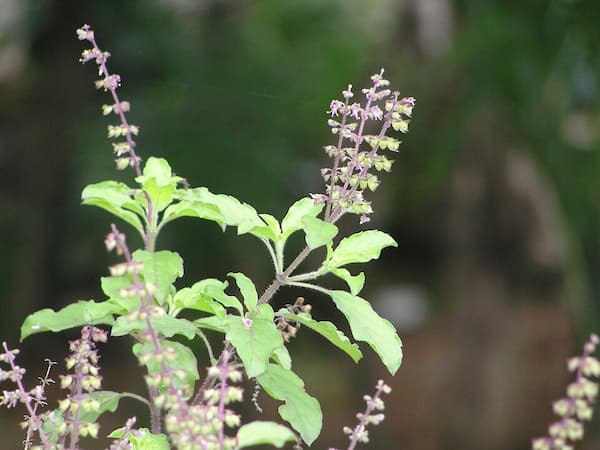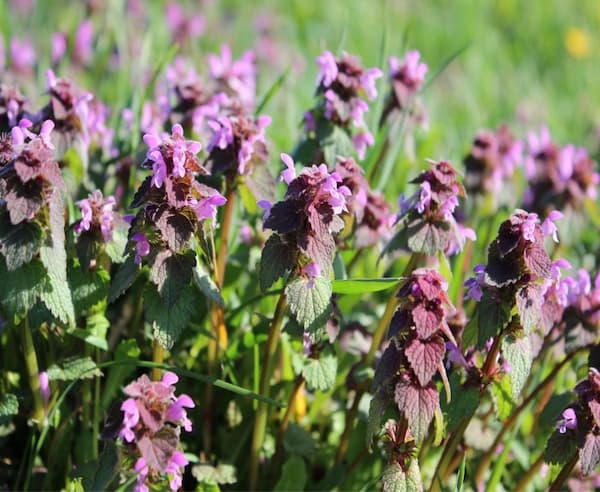Herbal Tips for a Healthy Liver
Spring “Cleaning”…
People who feel worse in spring often have congested livers
To balance Spring’s energy, eat plenty of dark leafy greens, such as collards, kale, mustard, and chard, as these cleanse the blood and liver. Other greens naturally growing at this time such as watercress, lamb’s quarters, chickweed, stinging nettle, purslane and dandelion can also be added.
Add lemon juice to make iron more available from the greens and add an oil high in gamma-linolenic acids (GLAs), such as flaxseed oil, which supports normal liver function.
Ingest white meats instead of red, legumes, a large variety of cooked vegetables, some fresh fruit and whole grains.
Use grain drinks, green tea or dandelion tea instead of coffee for energy, and chamomile tea in place of alcohol to relax.
Herbs For Liver Health
Dandelion (Taraxacum officinale) is probably the safest, most effective, and least expensive liver-nourishing herb known. Tincture of the root is most often used, but root vinegars, dandelion flower wine, cooked leaves, and stalk tea may be substituted.. All parts of the plant are medicinal: root, leaves, stalks, and flowers. The greatest effect comes from eating or taking a dandelion remedy three times a day, but even once a day is useful. The usual dose of the tincture is 10-30 drops diluted in some water and taken before meals. There is no known overdose.
Yellow dock (Rumex crispus) is another common weed widely used to improve liver function, and like dandelion, is simple and safe to use The root is generally tinctured and taken in 20-30 drop doses with meals; but the leaves or seeds can be put up in apple cider vinegar, and 2-3 tablespoonfuls taken on salad, cooked greens, or in water. There is no known overdose. It is highly effective for promoting bowel regularity.
Chicory (Cichorium intybus) roots are dug in the fall to make a liver-strengthening tincture. The dose is usually 20-40 drops three times a day in some water. There is no known overdose. Roasted chicory roots are used as a coffee substitute; however opinion is divided as to whether this preparation still has medicinal qualities.
Milk thistle seed (Psylibum marianum) is the most famous liver tonic in the United States. It is widely recommended for anyone dealing with liver problems, whether it be jaundice, hepatitis, or multiple chemical sensitivities. A dose of the tincture is 1-2 dropperfuls 2-4 times a day. There is no known overdose.
Burdock Root (Arctium lappa) has an ancient and respected reputation as a nutritive tonic that helps to clean and build the blood, while its diuretic action helps in the elimination of waste materials. Taken internally, burdock promotes sweating and the elimination of harmful high levels of uric acid via the kidneys. Burdock helps to cleanse the body from the inside out and is most useful in those conditions that can be traced back to liver disorders or a general overload of toxins in the system including skin problems. Burdock may also play a useful role in helping to control blood sugar levels due to the inulin content of the root. In Europe, the fresh root is used for lowering blood sugar, its inulin content making it particularly suitable for diabetes.
Stinging nettle (Urtica dioica) nourishes the kidneys and adrenals as well as the liver. Allergic reactions of all kinds, including sensitivities to natural and man-made chemicals, may have as much to do with the adrenals as with the liver. To make nettle tea, pour a cup of boiling water over 3-4 tablespoons of dried nettle. Let steep ten minutes, strain and drink warm or cold. There is no known overdose.
Find all our herbal teas and herbal extracts/tinctures.






